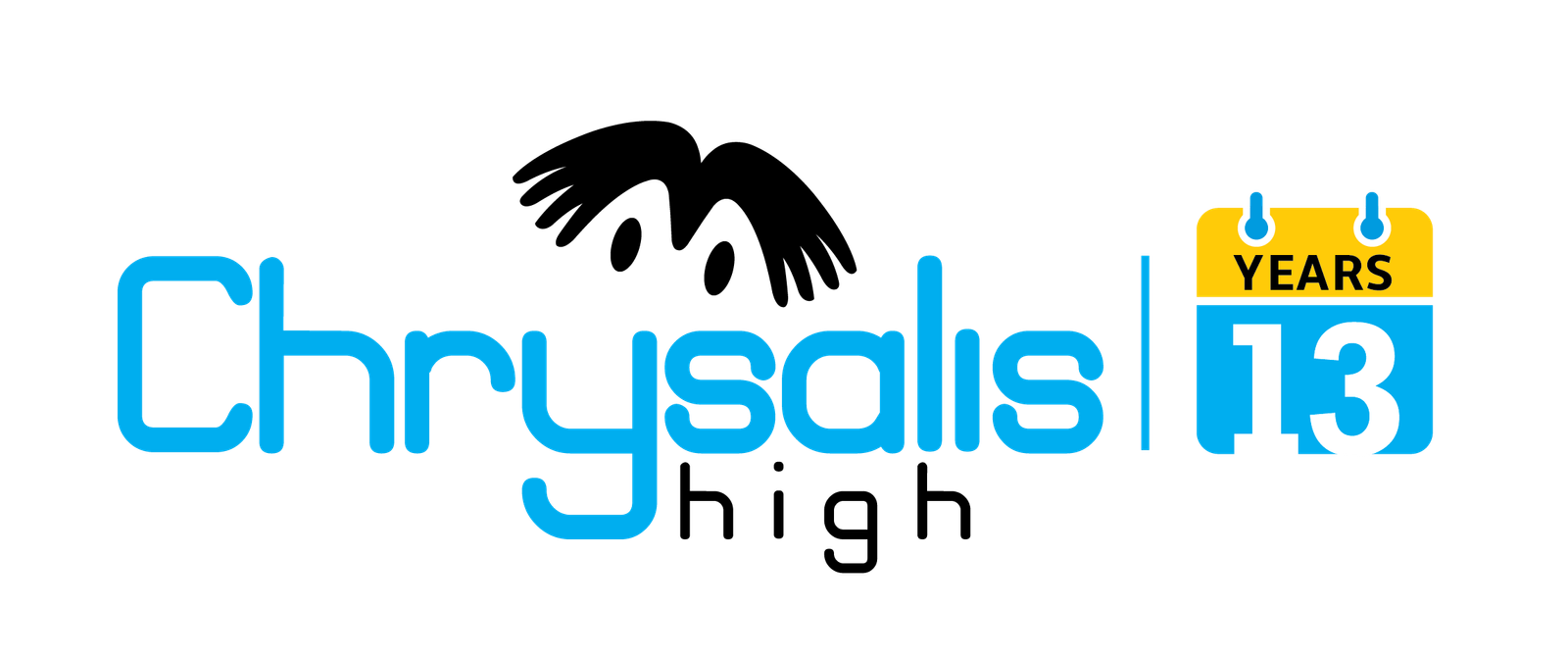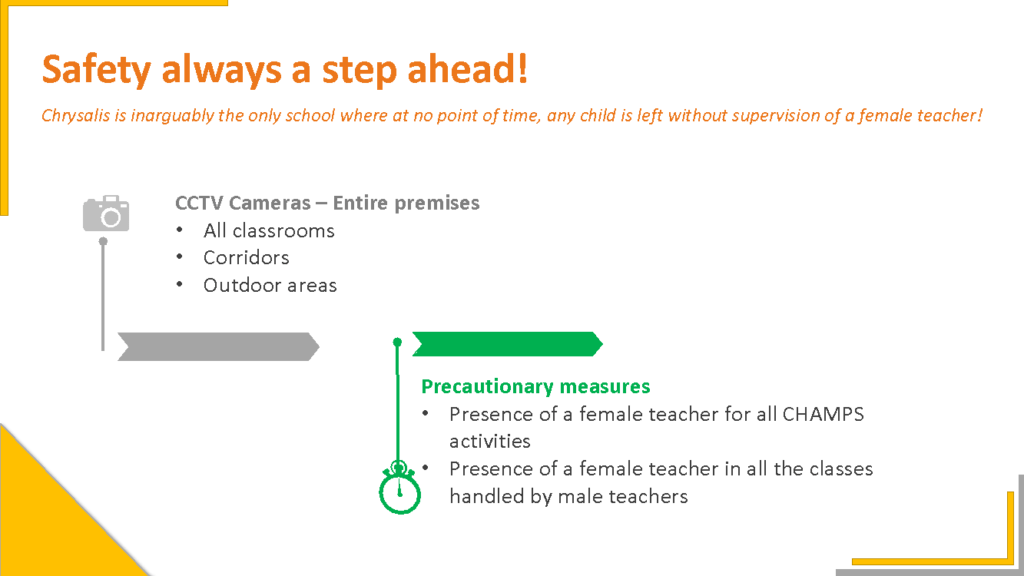It happens constantly: students say they will start learning “next week,” but then they remember that exams are coming up in a few months. The worry grows, the nights get longer, and planning gives way to fear. Numerous students often make the mistake of putting things off because they think they still have a lot of time.
What if there was a great month to take charge, though? That ideal time is October, a rare window of opportunity. Most schools are in the middle of their school year at this point. It hits the right balance between thinking about how well you did in the past and getting ready for new tasks. Exam preparation for students can begin in October, setting them up for a steady, stress-free path to academic success.
The October Advantage: Why This Month is the Optimal Starting Line
By October, the school year had slowed down, most first-term tests were over, and most schools were moving on to the last term. Usually, the big tests, like board exams or entrance exams, happen in March or April. For students, that’s a good 5 to 6 months, which is plenty of time to prepare without feeling super rushed.
This point in the middle of the school year has several benefits:
- Syllabus Clarity: Teachers have already reviewed a big chunk of the curriculum. Students can see what they still need to learn and review what they already know.
- Performance Review: The grades you get on your first-term exams can help you determine what you’re good at and bad at.
- Time to Improve: Early starts can get back on track after a bad performance by working on weak topics repeatedly.
- Paced Learning: By breaking up the work into manageable chunks over time, students escape the “cramming mindset.”
Exam preparation for students can begin in October without worrying about getting too tired or moving too quickly, which sets the stage for long-term success.
Understanding the Importance of Exam Preparation (The Long-Term Benefits)
One cannot overstate the importance of exam preparation. Starting early makes it easier on the mind and gives students more time to balance their school life. Students are giving themselves more time when they start studying in October.
This is how it helps them:
- Reduced Anxiety: Last-minute confusion doesn’t get to the students. As planning goes deeper, confidence grows.
- Better Conceptual Understanding: It takes time to understand complicated ideas. Early planning ensures you learn more deeply instead of just memorizing facts.
- Time for Doubts and Clarification: Students don’t have to rush when they talk to teachers, tutors, or other students.
- Revisions Matter: You must study for at least two full sessions to do well on a test. Realistically, that will be possible if students begin in October.
Exam preparation for students who start their journey now focuses more on academic success and skill development than survival.
How to Start Exam Preparation: Your Action Plan for October
The hardest part for any student is often figuring out how to start exam preparation. With a clear plan, the goal is to break through inertia. Starting this plan in October is an excellent idea because there won’t be any end-of-year stress.
Step 1: The Syllabus Audit
Before doing anything else, students need to look over their course outline. In other words:
- Making a list of all the topics and chapters.
- Noting what needs to be done and what has been done.
- Putting parts into three groups: Easy, Moderate, and Difficult.
- Emphasizing classes or areas where past grades were low.
This easy action makes the length and difficulty of the trip ahead clear.
Step 2: Create a Paced Study Schedule
It’s not enough to just study with a good schedule; you need to be able to study for a long time.
- Give more time to hard things.
- For maximum wellness, take short breaks every hour.
- Set aside time each week for studying and practice tests.
- You can do less essential things like recaps or notes on the weekends.
Do not pretend. If students try to study for 10 hours a day immediately, they might lose interest. Aim for stability instead of force.
Step 3: Organize Resources
Your mind will be a mess if your desk is a mess. Students should:
- Get together all of their notes, textbooks, and guides.
- Download or print papers from the past.
- Save links to valuable websites or YouTube accounts.
- Prepare paper, notes, and plans.
When you do this in October, fewer things will distract you when it counts.
Essential Strategies: Important Tips for Exam Mastery & Success
Students need more than just study time to do well. They need to use smart methods. The following are some important tips for exam success:
Active Study Techniques:
Instead of just going over things again or underlining important parts, students should also engage their brains:
- Active Recall: Put the book down and try to remember the answers.
- Spaced Repetition: Go over the information more and more often.
- Feynman Method: Teach someone else or act like you’re teaching them.
These methods help people remember and understand things faster.
Practice Makes Perfect:
Beginning in November or December:
- Every week, students should solve Previous Year Questions (PYQs).
- Take timed practice tests in a way that mimics the real test.
- Evaluate and keep track of mistakes so they don’t happen again.
This improves test-taking mood and confidence.
Health and Wellness:
No plan is complete without taking care of your body and mind:
- Get seven to eight hours of sleep every night.
- Eat brain-boosting foods that include nuts, fruits, and veggies.
- Stay hydrated by drinking plenty of water.
- To clear your thoughts, work out, or take a short walk.
These important tips for exam success keep students from getting too tired right before the big test.
Beating the Slump: Staying Motivated from October to the Finish Line
Motivation can fade, even if you have the best ideas. A 5- to 6-month training period is long, and students need to keep going. Here’s how to stay on track:
- Weekly Milestones: Make little goals for yourself, like “finish Chapter 3 of Biology” or “go over Trigonometry formulas again.”
- Visual Progress: Visualize your accomplishments with wall charts, notes, or apps.
- Reward System: After you finish a tricky subject, have a treat, watch a show, or take a break.
- Peer Groups: Set up small study groups to discuss your work and get help.
- Parental Involvement: Parents can help by monitoring their child’s growth, removing distractions, and supporting them.
Recall that exam preparation for students involves more than just reading. It’s about keeping up your energy, interest, and sense of purpose for months at a time.
Conclusion: Start Today, Succeed Tomorrow
October isn’t too early. It’s not too late. It’s just right. Beginning exam preparation for students this month gives them the ideal amount of time to learn deeply, review well, and take exams without stressing.
Students can use smart tactics, good health care, and constant motivation to turn this time of getting ready into a time of growth and success.Don’t wait until January to get scared. Now is the time to act. Start right now, and you’ll make it.
At our school, we believe in starting strong and staying focused throughout the year. With the right strategies, support, and motivation, we ensure our students are always prepared to succeed—starting from October, not just when exams are near.”
This emphasises the proactive approach your school takes toward student success, aligning with the idea of preparing early for exams.
FAQs
What should I do if I forget the information I studied last month?
Use methods for spaced repetition. Review things daily, every three days, every week, and so on. To keep up with old topics, make brief notes or handouts.
How to start exam preparation if I am already behind schedule?
Do not worry. First, look over the material and pick out the most important topics. Start with the most important ideas and make a study plan that is short but consistent. Slow work done every day is better than short, random bursts.
What is the single most important tip for exam day itself?
Keep your cool and use your time well. Carefully read the question paper, start with the easy ones, and don’t leave any question unfilled. Being sure of yourself on test day comes from studying well.
Is it better to study one subject for a long time, or switch between two or three?
It works better to switch between two subjects every day. It keeps your brain sharp and stops you from getting tired. Do your best to study one challenging subject and one easy subject every day.
What role can parents play in exam preparation for students during October?
Parents can ensure their kids have a quiet place to study, check in on their progress every week, and praise them. Support and encouragement go a long way toward keeping people on track.


